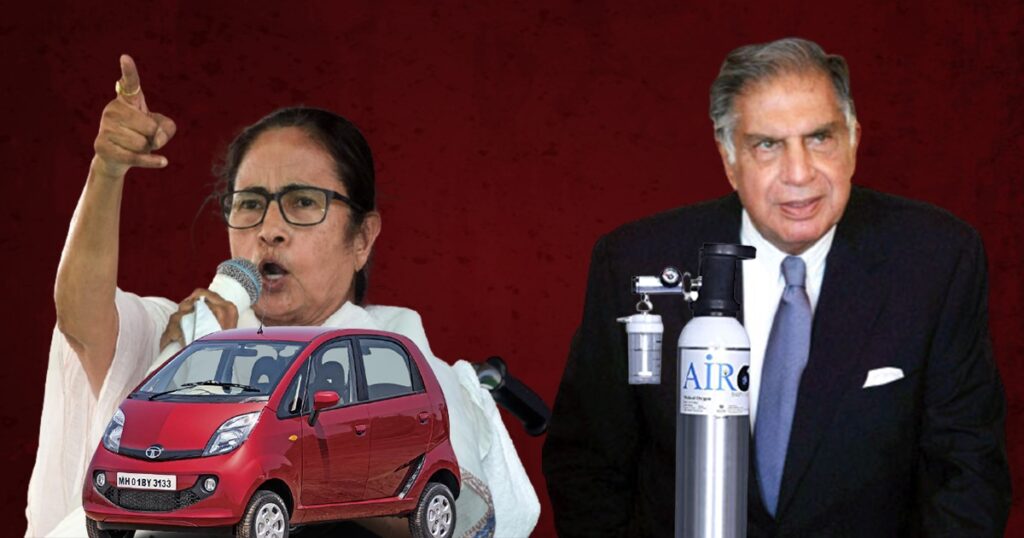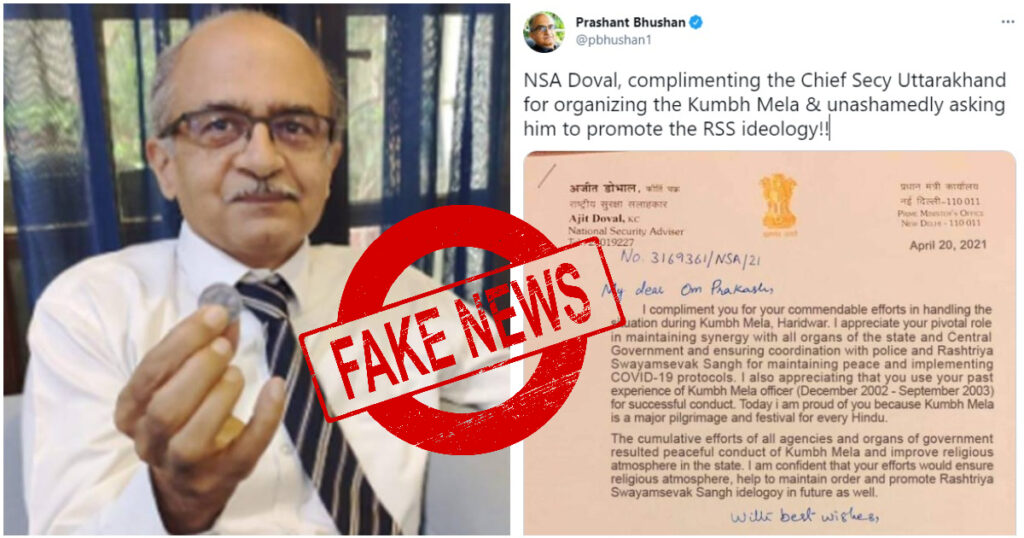There’s no greater leveler than Father Time.
The Tata Group is supplying up to 300 tonnes of medical oxygen from its Tata Steel plants for the treatment of Covid-19 patients, the company’s CEO and Managing Director T V Narendran said on Monday. Interestingly, one of the states that will receive the oxygen is West Bengal. “We are supplying 200-300 tonnes of oxygen per day to hospitals in and across Jharkhand, as well as we have started supply to Uttar Pradesh, Bihar, Odisha from our plant…some is going to West Bengal through Centre’s coordination,” he added.


Now this wouldn’t be remarkable by itself — there are several states that are also receiving oxygen to save the lives of critically ill Covid patients, and other industrial houses, including Reliance, are also stepping up to provide oxygen amidst the shortage. But what makes Tata’s supply of oxygen to West Bengal noteworthy is its contentious history with the state.
All the way back in the mid 2000s, the Tata Group had zeroed in upon Singur in West Bengal to set up its Tata Nano factory. The Tata Nano had been the dream project of Ratan Tata, who’d planned to make cars accessible to the ordinary Indian by pricing his new car at just $2,500 (Rs. 1.5 lakh at the time). The West Bengal state government, then led by CPI(M)’s Buddhadeb Bhattacharya, had offered 997 acres of land to the Tatas for the project.
But widespread protests had broken out over the move, spearheaded by none other than current West Bengal Chief Minister Mamata Banerjee. She’d claimed that farmers who owned the land were unwilling to part with it, and violence had broken out near the site. After she’d been prevented from entering Singur by the state police, she’d called a statewide bandh in protest, and Trinamool MLAs had turned violent in the state assembly, and damaged furniture. She’d later gone on a 25-day hunger strike to protest Tata’s decision to open the factory.
The fracas had its desired effect — after having commenced the construction of the plant on 21st January 2007, the Tatas announced on 3rd October 2008 that they would be no longer going ahead with the project. The Tata Group eventually went to Gujarat and set up its factory, wooed by then-Chief Minister Narendra Modi’s promise of quick approvals, and Mamata Banerjee, buoyed by the success of the movement to push Tata out, became West Bengal’s Chief Minister in 2011.
But things have turned around in a decade. The Tata Group is now saving lives in Bengal by providing the state with critical oxygen during the second wave of the coronavirus pandemic, and far from facing protests, its oxygen is being graciously welcomed by West Bengal’s government now led by Mamata Banerjee. In the movies, it’s the previously-spurned hero that comes in at the last minute to save the day; in the real world, its the power of capitalism.

